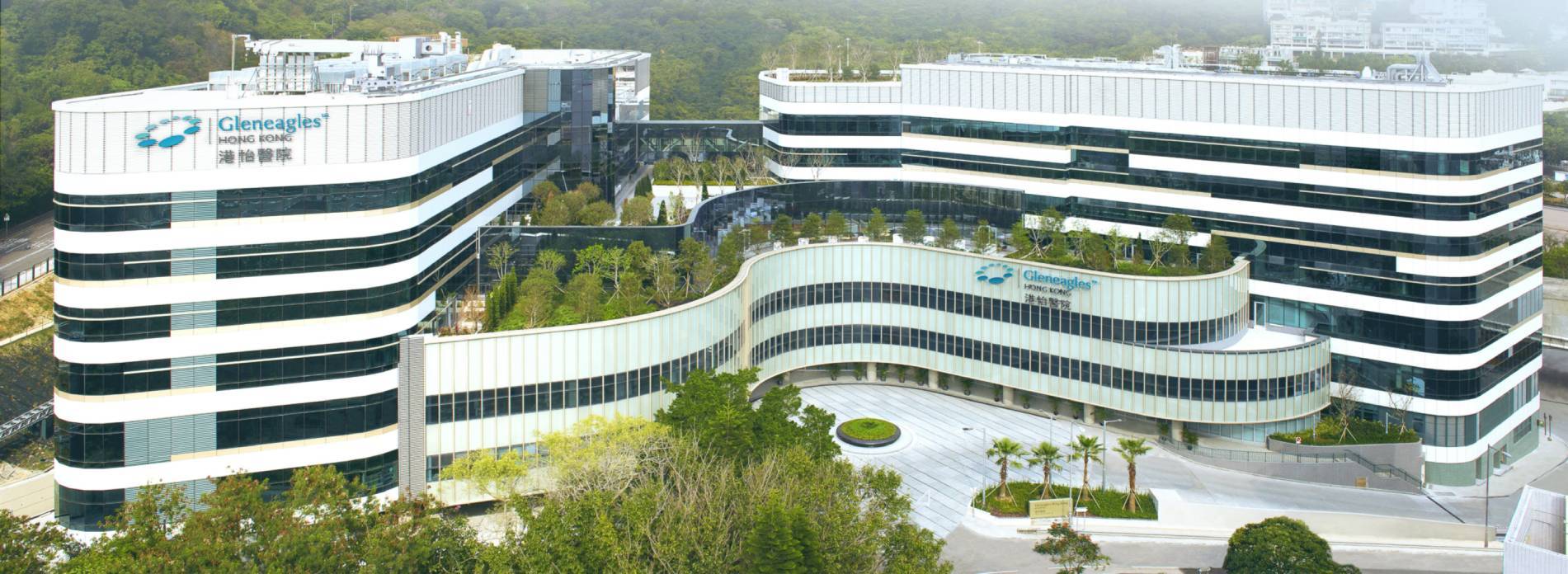Computerised Tomography (CT) Scan
What is Computerised Tomography (CT) Scan?
A computerised tomography or CT scan uses digital imaging system and X-rays to obtain cross-sectional images of the body. This examination can provide clear images of various body structures including bone, blood vessels and soft tissues, all at once. The resulting images provide thorough information to assist the doctor in diagnosing patient’s condition.
CT scan is a relatively simple and non-invasive test. Patients will be asked to lie very still on their back on a table moving in and out of a tiltable tunnel that contains the X-ray scanner. There are preparations required before a patient attends a CT scan appointment. A 4-hour fasting prior to the scheduled CT scan is necessary if an intravenous contrast (medication used to highlight blood vessels and tissues) would be injected. Patients also need to inform staff of any allergies or medications taking.
Why is Computerised Tomography (CT) Scan required?
Doctor may recommend a CT scan to provide detailed views of many types of tissue, including the lungs, bones, soft tissues and blood vessels. If a patient suffered a stroke, a CT scan would determine the location of the blockage or bleeding in the brain that caused the stroke. It also allows the doctor to identity both normal and abnormal structures in a painless, non-invasive and accurate manner.
A CT scan aids in the planning and preparation of particular surgeries including awake craniotomy, which is a brain surgery to remove brain lesions; and deep brain stimulation surgery. It is also useful in the planning and guiding of radiotherapy for cancer treatment, needle biopsies and other minimally invasive operations.





